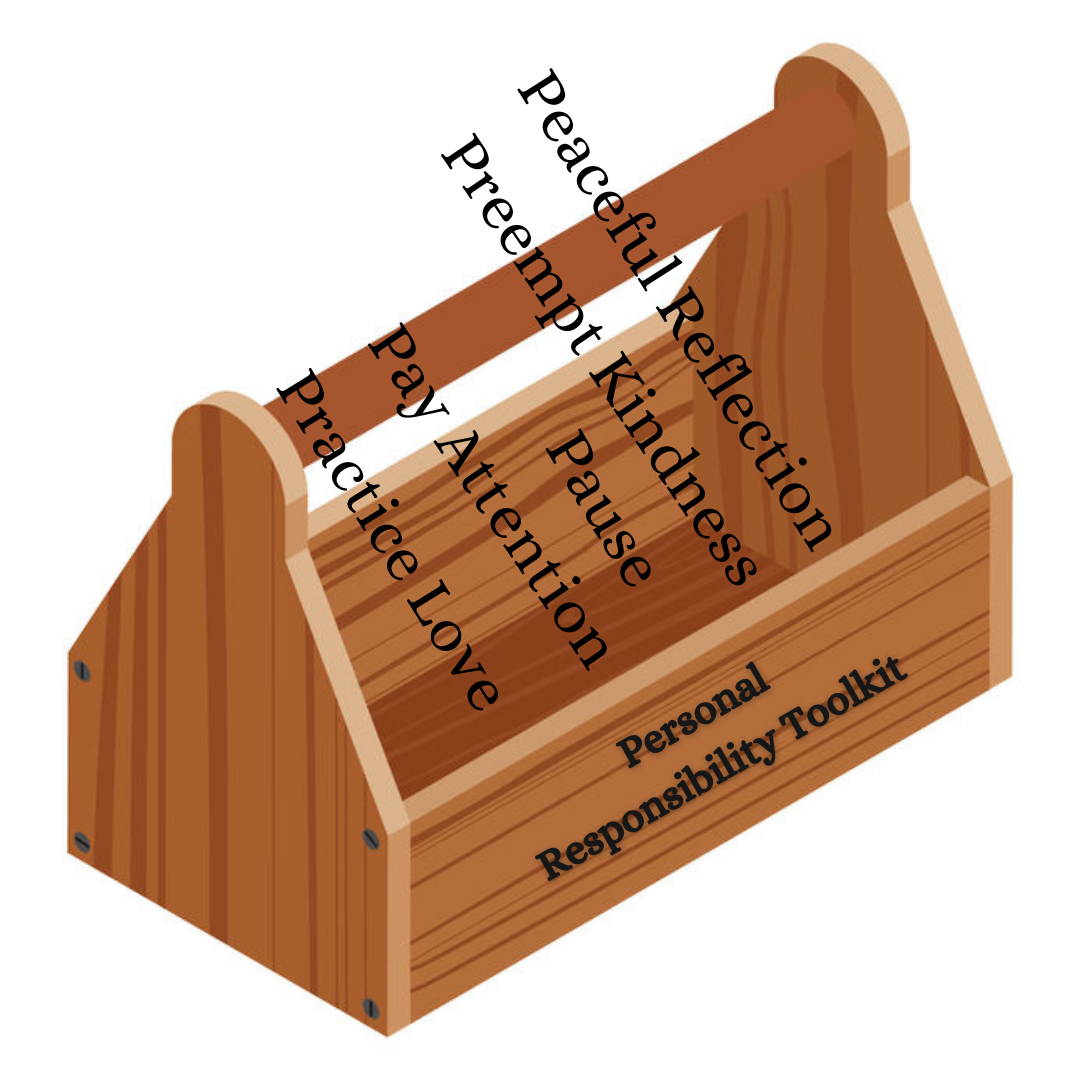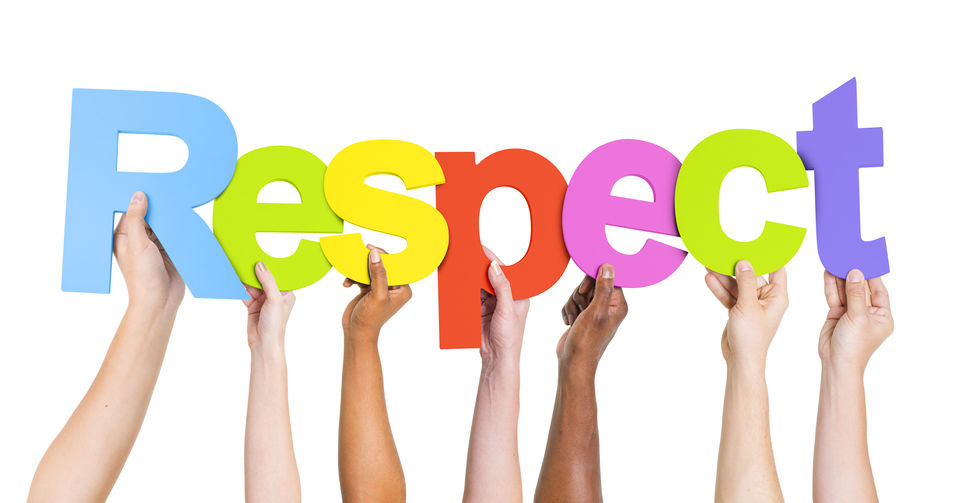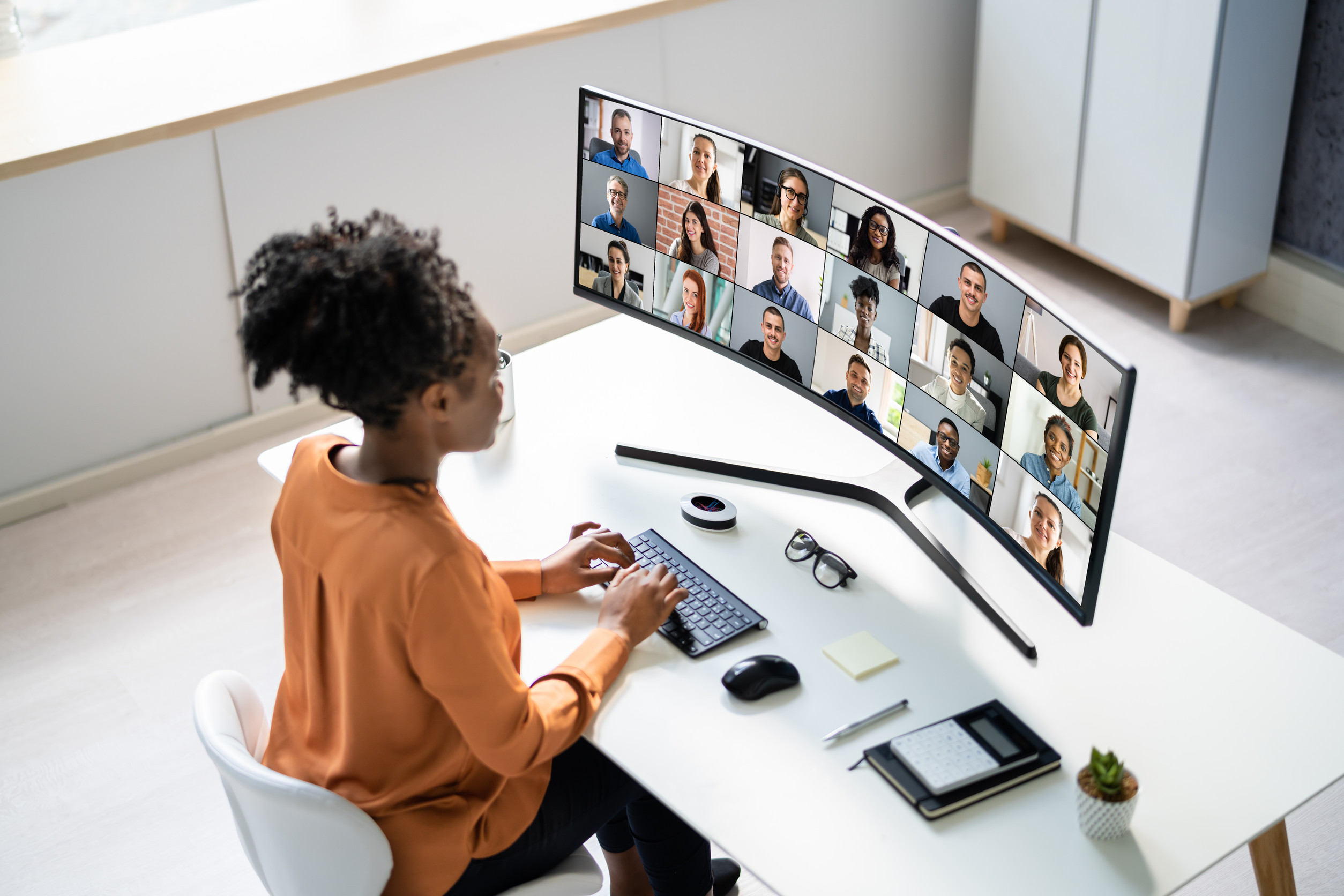Positive Influence
Through Etiquette

“Positive influence” is an expression of the ability to lead, affect, or persuade. It is an ability to promote agreement. When used properly, it does not force itself on others, nor claim its right to do so.
Etiquette is an instrument of positive influence, though used in an indirect manner. It relies on the subtle acts of kindness, courtesy and respect to persuade others to act kindly, courteously, and respectfully. Subtle, yet powerful, because when you’ve received kindness you are much more likely to treat others with kindness.
Resisting Negativity
Being an individual and being one’s best self has never been more needed. Groupthink is everywhere and we can easily tag ourselves or promote being tagged to groups that politically or socially stand for or against other identified groups. Being an etiquette-ful person includes resisting the indignities of polarization.
Ptahhotep, perhaps the first recognized etiquette instructor, was head minister during the reign of Pharaoh Djedkare Isesi (c .3150—c. 2890 BCE), and is credited with authoring “The Maxims of Ptahhotep,” an early example of “wisdom literature,” meant to instruct young men in appropriate social behavior.
“Repeat not extravagant speech, neither listen to it; for it is the utterance of a body heated by wrath. When such speech is repeated to you, do not listen to it; look to the ground. Speak not regarding it, that he that is before you may know wisdom.”
It is so easy to be pulled into a negative vortex of gossip or judgment. But when Ptahhotep’s advice is taken to heart, and you draw the line in the sand from the beginning, it is much easier to escape to a state of influencing others in a positive manner rather than finding yourself influenced toward negativity.
A Positive Influence
Being a positive influence is not only a hope that most of us have, it is a responsibility that all of us have. Accepting this helps us keep check on our actions and consistently aim to encourage others to be their best self in any situation.
However, the most important person we can influence is ourselves. You can do this when you:
- Accept who you are in this moment, but acknowledge what you want to become.
- Initiate meaningful conversation across differences.
- Find areas of agreement with any person you engage and in every conversation.
- In the moment, give up fretting and worrying about what you cannot change.
- Focus on what is important now.
- Let yourself learn from your own limitations that stand in the way of building your relationships for mutual benefit.
- Listen carefully to what others are saying and acknowledge their viewpoint.
Determine your aspirations, find someone else who has reached those or similar aspirations, and model yourself after them. Learn what it takes to be the kind of good parent, successful entrepreneur, musician, manager, organizer, etc. that you want to be and then do those things.
Influencing other people using etiquette calls for you to behave in a manner worth modeling. And to influence yourself, find behavior worth modeling.
The commitment to etiquette-fulness sets an example to others that civility is not a thin social veneer. Rather it is a core principle in a free and democratic society.














